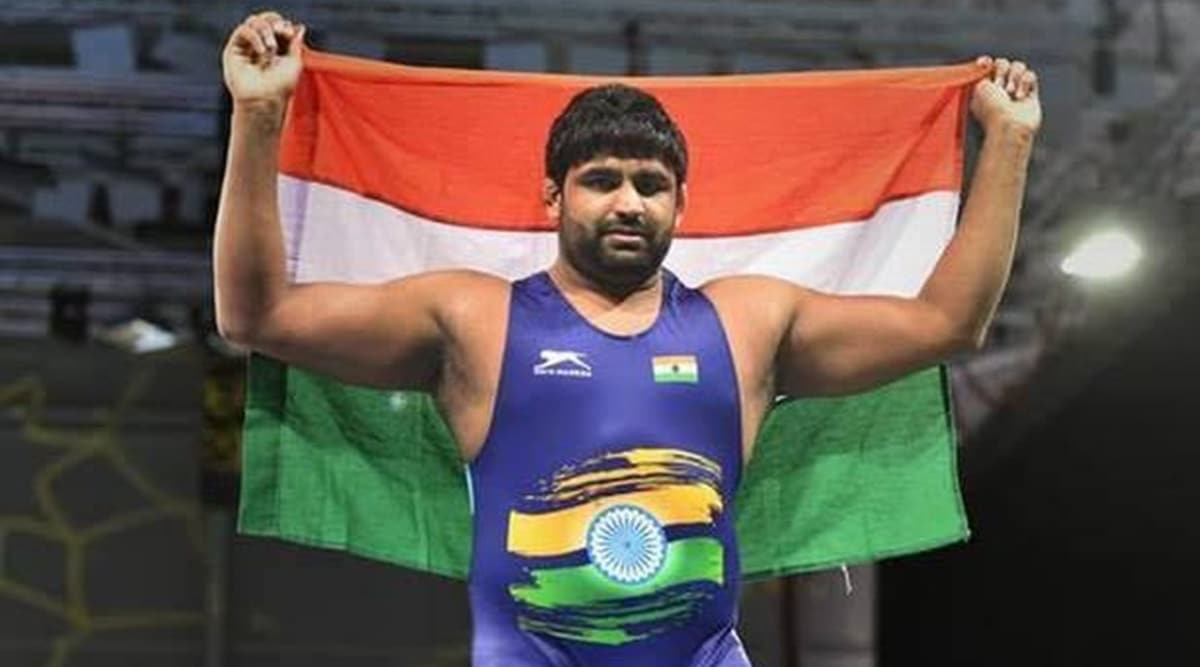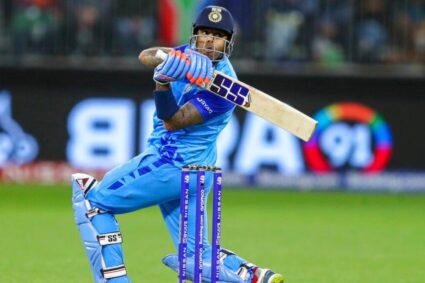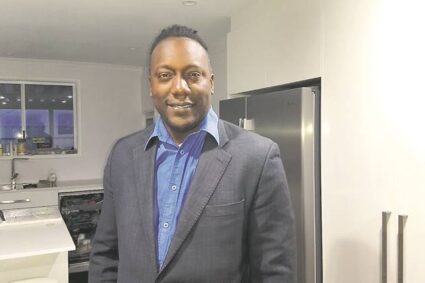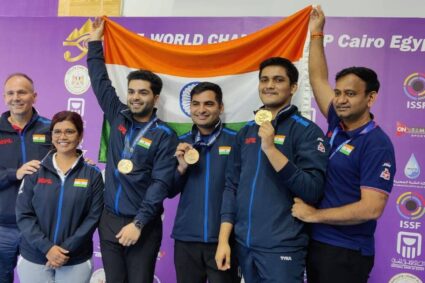

Wrestler Sumit Malik qualified in the super heavyweight category for the Tokyo Olympics despite an injured knee. At the World qualifiers in Sofia, Bulgaria, the 24-year-old outclassed Jose Diaz of Venezuela 5-0 in the semifinals to clinch a Tokyo berth. The win was significant because it has been nearly two decades since Palwinder Singh Cheema competed at the 2004 Olympics, the last Indian wrestler to do so in this weight-class.
Malik is the fourth Indian male wrestler, after Bajranj Punia, Deepak Punia and Ravi Dahiya, to confirm an Olympic spot.
Malik knew there was a chance of aggravating the ligament tear in his quest to join India’s best in Japan. He reached the quarterfinals of the Asian qualifiers in Almaty and also reached the same stage at the Asian Championships, at the same host city, but could not qualify. In his last opportunity, he made it count. The risk factor was worth it, he said.
Malik conceded the final against Russian Sergei Kozyrev due to injury on Friday,
“It was my last chance to qualify for Olympics and there was the worry about the injured knee too. I had been wrestling after taking painkillers in Almaty and here too. When I earned the Olympic spot, it made me forget all the pain,” said Malik while speaking to The Indian Express from Sophia, Bulgaria.
Malik’s movement, especially the lower body was restricted, because of the knee injury. He focussed on upper-body moves which meant he had to constantly think on his feet during a bout. For a man who was literally fighting on one leg, he didn’t do too badly.
At Almaty in April, Malik had progressed to the semifinals after a win over Makhsud Veysalov of Uzbekistan. But he suffered a 0-2 loss against World No.14 Yusup Batirmurzaev of Kazakhstan in the last-four round. Malik won a bronze medal with a 5-0 win over Kim Donghwan of Korea. At the Asian Championships, at the same venue, Malik reached the quarter-finals before losing 1-7 to world No.13 Oleg Boltin of Kazakhstan.
The Haryana wrestler from Karor, Rothak, believes the experience of wrestling against the likes of Boltin and Batirmurzaev held him in good stead.
“Initially, I could not practice for more than a week after the injury. But I knew that I had to take a chance. We focused on the upper body movements but was restricted by slow knee movements. Lots of ice packs were put on the knee. The loss against Batirmurzaev was a narrow one but it also gave me a chance to analyse my game. The injury meant that I was focusing more on defending during practice and had to visualise attacking moves so I could implement them if it was really necessary,” Malik said.
On Thursday, the 2018 Commonwealth Games Champion scored a 2-2 win on criteria (he scored the last point) over last year’s World Cup bronze medallist and world No.17 Aiaal Lazarev of Kyrgyzstan after trailing in the bout. He pulled off a similar win over Alexandr Romonov of Moldova. In the quarters, Malik would once again make a comeback after trailing 2-4 against Rustam Iskandri of Tajikistan to win 10-5. In the semi-final against Diaz, Malik did not give his opponent any real chance. “I had suffered losses against Lazarev and Romonov before but I watched their videos prior to the world qualifiers. I knew I had to show some patience and it helped me here,” Malik said.
Malik is a product of the Chattarsal Stadium conveyor belt of wrestlers. He moved to the wrestling nursery in Delhi, along with his uncle, after his mother passed away.
At Tokyo, Malik knows he will be up against the best.
World No.11 Robert Baran of Poland, two-time Olympian and Rio Olympics quarter-finalist Daniel Lgiti of Hungary and reigning European Championships silver medallist Sergei Kozyrev of Russia were in the other half of the draw in the world qualifiers. Only two of the world’s top-20 wrestlers in 125 kg competed in the event.
National coach Jagmender Singh said Malik’s task will be cut out in Tokyo. But the coach is confident about his ward holding his own. “His biggest strength is his will power and he displayed that last month and this week too by competing despite the injured knee. He had his weaknesses earlier but has improved with time and has competed against some good wrestlers in the world. That’s why we expect him to improve further,” Singh said.






